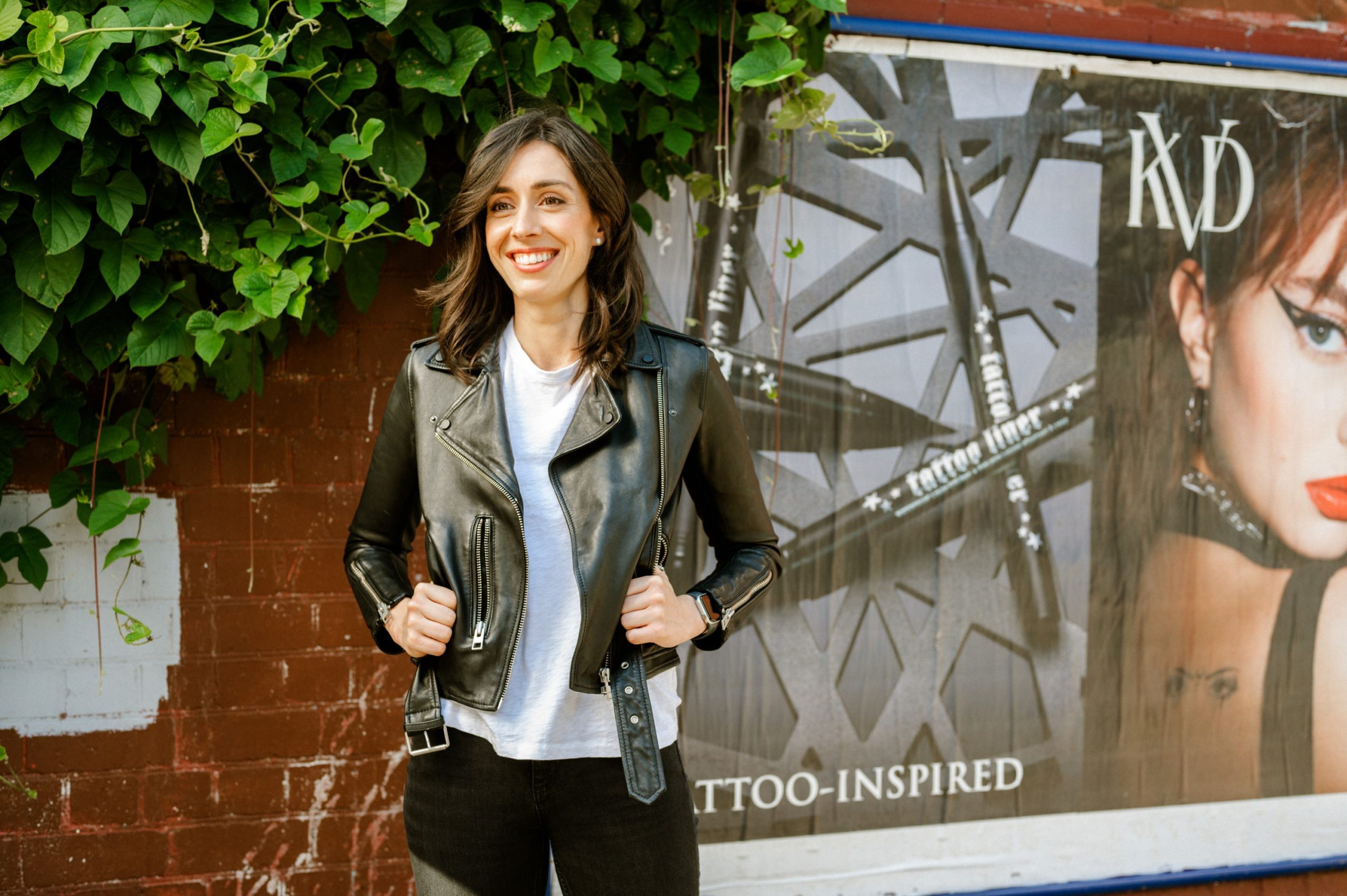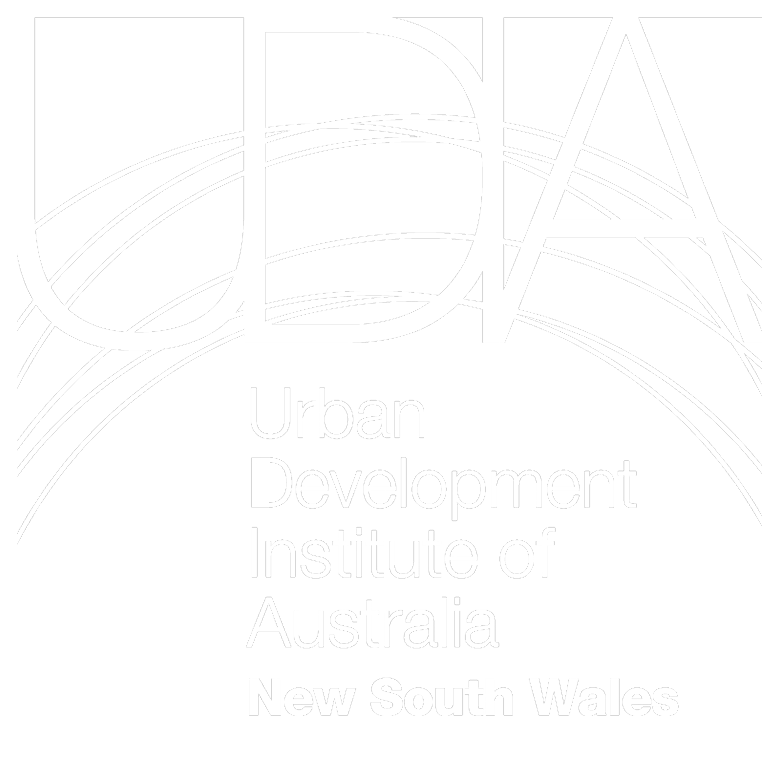One-on-One with Jude Wild, Key Account Manager: Remedial for Paynter Dixon and Holly Ransom, Public Speaker, Author and Content Curator

What gets you jumping out of bed in the morning? What drives you?
I’ve spent the best part of the last fifteen years in search of answers. I’ve interviewed Barack Obama, Sir Ken Robinson, Condoleezza Rice, Sir Richard Branson and Malcolm Gladwell and scores of other leaders and thought leaders who have made their life’s work living and leading from their edge. I have worked with boards and leadership teams from cutting-edge, noteworthy and influential organisations. And I had to stop myself just then from writing ‘I’ve been lucky enough to . . .’ because leadership is not about luck. Leaders themselves are often no less riddled with fear and anxiety than the rest of us. What great leaders have learnt to do is build the mindsets, methods and mastery that support their new ideas and turn their determination into real traction. What is lucky is that so many of these people have been only too happy to share their tangible insights to help more of us achieve change. Leading from the Edge is my opportunity to pass on their wisdom and teachings to you, along with some of the realisations I’ve had during the past decade or more of pushing up against my own boundaries.
What are your thoughts on diversity and inclusion? How has diversity and inclusion impacted your career? How does D&I impact your working life? How do you think D&I is important or relevant to the industry?
I’ve spent over ten years studying leadership. Often as the youngest person at the table, regularly as one of the few women. From this vantage point, power structures are far more easily perceived. So are empowerment structures. Of all the myriad diverse leaders I interviewed for my book The Leading Edge, every outlier was a natural systems thinker. Every change-maker asking the sharpest questions, had been sliced and diced by society into one underrepresented group or another. And every successful individual made me see that there is no such thing as a natural-born leader, that is simply an organising principle of privilege. We unlearn leadership as we learn our place in the world, not the other way around.
I’m regularly challenged on my belief that we are all capable of leading the change we care enough to make. Criticised for youthful naivety, or ‘Pollyanna-style’ enthusiasm, or the perception that it must have come easily to me, so I wrongly assume leadership is a given for others…. when in fact it is quite the opposite.
Being able to curate, empower and mobilise diverse teams is going to be an increasingly essential leadership skill. Bringing diverse minds to the decision-making table and empowering them once there is a crucial lever to mitigate unconscious bias, groupthink and overconfident voices. Many organisations have now made progress on diversity within their workforces but, without the necessary inclusion to go with it, that diversity is robbed of the oxygen it needs to breathe.
In The Leading Edge I highlight the work of Amy Edmondson, whom many attribute with coining the term ‘psychological safety’. Amy defines the concept as a ‘shared belief held by members of a team that the team is safe for interpersonal risk-taking.’ In the mid-1990s, Amy set out to investigate whether high-performing medical teams made more or fewer mistakes than low-performing teams. She collected survey data to indicate whether teams were high performing or low performing and then compared that data to statistics on which teams made the most mistakes. Simple, right? But when she put the numbers side by side, she noticed something puzzling: her highest-performing teams weren’t making the fewest mistakes; they were making the most. How could that be possible?
The further up the tree we go, the less inclined we are to put ourselves out on a limb. In her book Fearless Organisation, Amy Edmondson describes a eureka moment she had when reflecting on her counter-intuitive findings. ‘What if the better teams had a climate of openness,’ she writes, ‘that made it easier to report and discuss error? The good teams, I suddenly thought, don’t make more mistakes; they report more.’ In other words, cultivating great teams is about creating a space where new ideas are both encouraged and expected. It’s about leaders who ask each of their employees for feedback and are genuinely receptive to the feedback they receive. And it’s about any employee, whether entry-level or senior executive, feeling supported to voice when they’ve made mistakes, knowing those mistakes will lead to innovation, not embarrassment.
What’s the single biggest lesson you’ve learnt about leadership?
We are all leaders when it comes to the change we care enough to make in the world.
What’s one thing you think the property industry needs to tackle, do better?
The property industry is well-positioned to lead the sustainability movement, especially in thinking beyond recycling and instead, applying a circular economy lens when it comes to creating buildings for people to meet, work, play, live, care and learn. The circular model aims to keep materials in circulation and at their highest value for as long as possible. The use of finite materials is increasingly an issue and the way we resource, produce, construct and discard resources in the built environment is a key contributor to the problem.
The other point to note in this regard is that recycling is not the answer, rather, it is a small part of the answer: the last loop of last return. Ahead of recycling, there is reuse, remanufacturing, repair, and so on. Ultimately, the idea is to design waste out of the system entirely.
In the property industry this could be done by modular design, so constructions are built with reuse in mind. This could also be done by looking further up and down the supply chain; understanding the embodied carbon, the social impact and the environmental impact of product and manufacturing choices.
The context of the Circular Economy requires us to understand that no material ever leaves our biosphere; they just change form depending on how they are valued. Currently, the world is only 8.6% circular? Meaning we waste the value of 91% of our materials. This represents an opportunity to capture the immense value that is slipping through the cracks of Business-As-Usual today. Waste is a linear model design flaw. And I believe the infinite consumption of finite resources is leadership inertia. If we are to achieve a regenerative, circular, resource-efficient future, every new technology, material, and system needs to be designed with the principles of circularity in mind. The built environment is a great place to start and companies like Lendlease, Stockland and Dexus are leading the way.
Who inspires you and why?
I was fortunate to interview Michelle Obama last year and the warmth of her character is still with me today. Michelle brought all of herself to the role of First Lady, not only her advocacy for underrepresented people, her promotion of youth initiatives and her support of democratic values. She also let herself be known for her loving partnership with the President, her joy in music and dance, her fierce strength as a mother of daughters, and ultimately, a very real and relatable human.
Any final thoughts or comments?
We need to break open the notion that leadership is exclusive. It’s not. And in today’s world more than ever we simply cannot afford for it to be. I believe everyone was born to lead in some way, and leading from the edge means harnessing the state of mind, the processes and the artistry that will equip leaders like you for impact.
The world needs ‘all of us’ – both individually and collectively – to step forward and lead the change we care enough to make.
This interview forms part of a UDIA D&I Committee initiative series to encourage and highlight more diversity in UDIA and the property industry. It is intended to highlight diversity by profiling our members through industry publications on a regular basis throughout the year. Thank you to Stephanie Partridge, Senior Development Manager, Goodman.
Since 2018, the Diversity & Inclusion Committee has been one of the key Business Advisory Committees for the UDIA NSW, focussed on improving and promoting diversity and inclusion in the UDIA and our industry. This year, we launched the ‘One Thing’ campaign – celebrating and sharing the ‘one thing’ that we’re doing to empower people by respecting, supporting and appreciating what makes them different, in terms of age, gender, ethnicity, beliefs, disability, sexual orientation, and education. What’s your One Thing?
